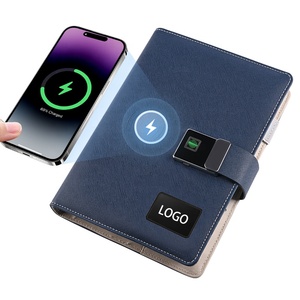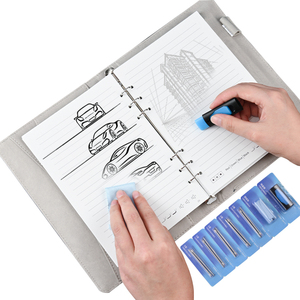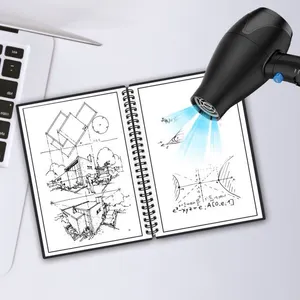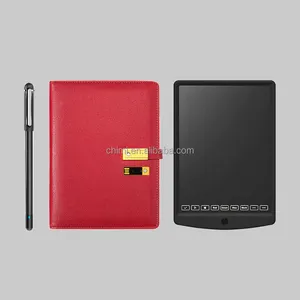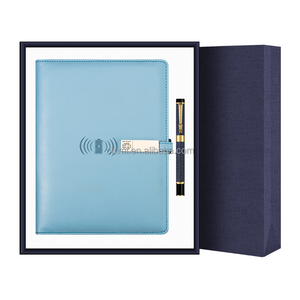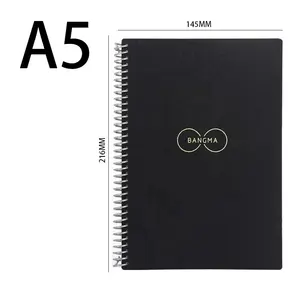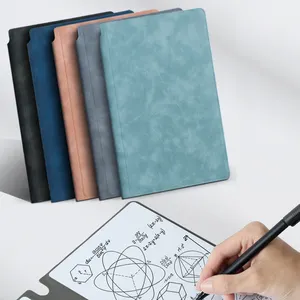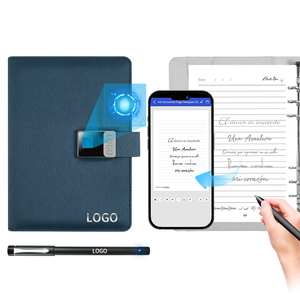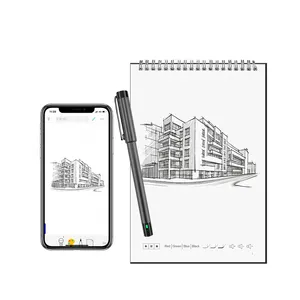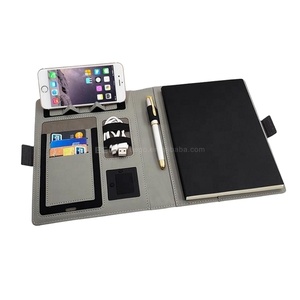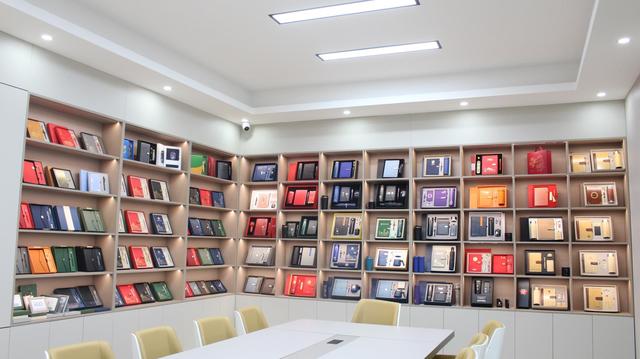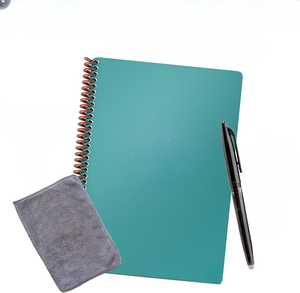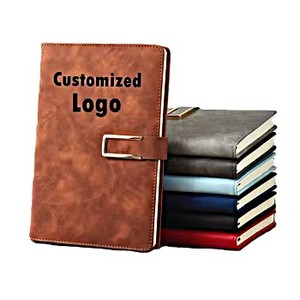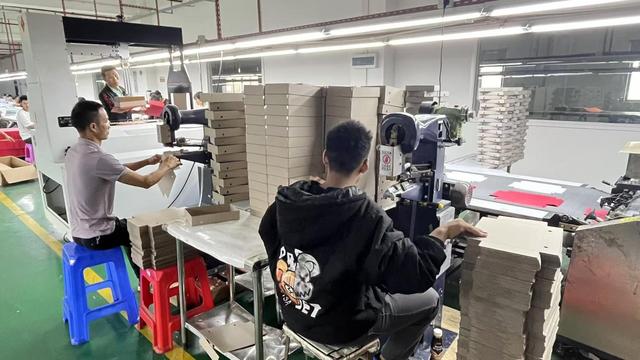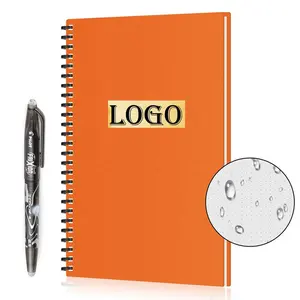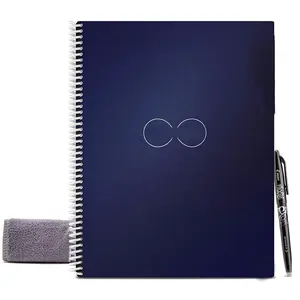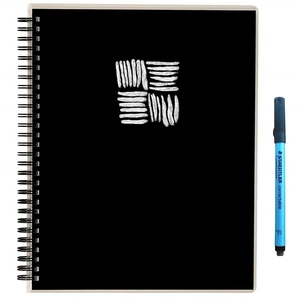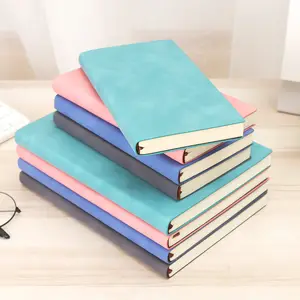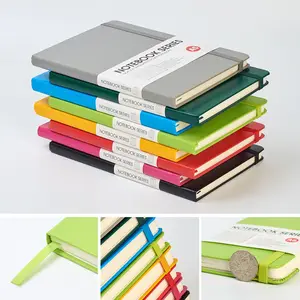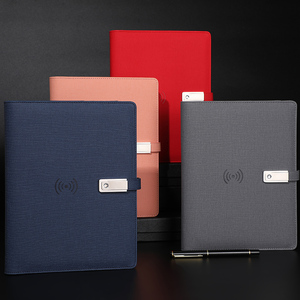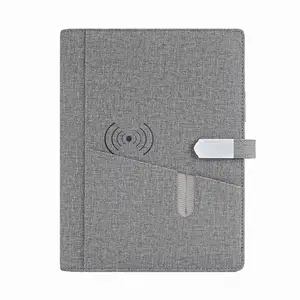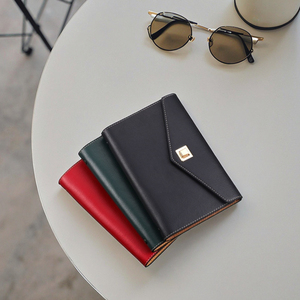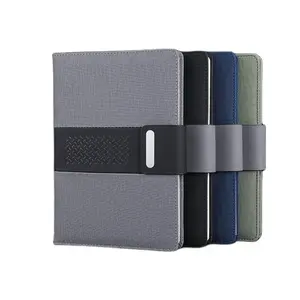Reusable Smart Notebook Producer



 1/3
1/3



 1/3
1/3


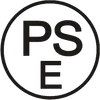

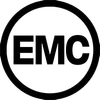




 0
0



 1/3
1/3







 0
0





 1/24
1/24



 1/3
1/3

















 1/14
1/14



 1/3
1/3









 1/18
1/18







 1/62
1/62





 1/26
1/26






 1/3
1/3
About reusable smart notebook producer
Where to Find Reusable Smart Notebook Producers?
China serves as the global epicenter for reusable smart notebook manufacturing, with key production clusters in Guangdong and Zhejiang provinces driving innovation and scale. These regions host vertically integrated supply chains combining electronics assembly, paper or stone-based substrate processing, and digital synchronization technology. Shenzhen, in particular, leverages its advanced hardware ecosystem to support IoT-enabled writing devices, while Wenzhou specializes in eco-friendly materials such as stone paper and water-activated erasable surfaces.
The industrial infrastructure enables manufacturers to integrate analog writing experiences with digital replication, cloud syncing, and stylus integration. Facilities typically operate dedicated R&D units focused on pressure-sensitive sensors, low-energy Bluetooth modules, and rechargeable power systems embedded within notebook covers. This convergence of stationery and electronics allows for rapid prototyping and scalable production, with lead times averaging 15–25 days for bulk orders. Buyers benefit from localized component sourcing, reducing logistics overhead and enabling cost efficiencies of 20–35% compared to Western-based producers.
How to Choose Reusable Smart Notebook Suppliers?
Procurement decisions should be guided by structured evaluation criteria to ensure product quality, compliance, and operational reliability:
Technical & Functional Validation
Assess core functionalities including write-erase durability (minimum 500 cycles), compatibility with mobile applications (iOS/Android), and data transmission accuracy. For digital sync models, verify Bluetooth 5.0+ connectivity and battery life (target ≥30 hours). Confirm inclusion of accessories such as electromagnetic pens, USB-C charging, and auto-sleep features to prevent power drain.
Production Capability Assessment
Prioritize suppliers with in-house production lines capable of handling both physical notebooks and electronic components. Key indicators include:
- Integrated PCB assembly and firmware programming units
- Minimum monthly output capacity exceeding 10,000 units
- Support for OEM/ODM customization (logo, packaging, app branding)
- Material expertise in stone paper, PET film, or recycled composites
Cross-reference facility size and online sales volume with on-time delivery performance (target ≥95%) to assess scalability and order fulfillment consistency.
Quality & Compliance Verification
Require evidence of RoHS and CE certifications for electronic variants. While ISO 9001 is not universally documented among listed suppliers, consistent reorder rates (>25%) and high customer retention suggest de facto adherence to quality management practices. Request sample testing reports for screen lifespan, ink adhesion, and stylus tip wear resistance.
What Are the Leading Reusable Smart Notebook Suppliers?
| Company Name | Location | Main Products (Listings) | Online Revenue | On-Time Delivery | Avg. Response | Reorder Rate | Min. Order Quantity | Price Range (USD) |
|---|---|---|---|---|---|---|---|---|
| Wenzhou Myway Arts & Crafts Co., Ltd. | Zhejiang, CN | Notebooks (903) | US $260,000+ | 94% | ≤6h | 15% | 500 pcs | $0.65–1.10 |
| Shenzhen Weiyi Leather Products Co., Ltd. | Guangdong, CN | Notebooks (567) | US $40,000+ | 100% | ≤2h | <15% | 1 pc | $35.58–107.89 |
| Shenzhen Newyes Technology Limited | Guangdong, CN | Notebooks (Custom Tech) | US $410,000+ | 100% | ≤3h | <15% | 2–10 pcs | $5.29–46.90 |
| Guangdong Chimi Biology Group Co., Ltd. | Guangdong, CN | Business Gift Sets (189) | US $30,000+ | 100% | ≤2h | <15% | 1–500 pcs | $13.70–54.50 |
| Shantou Zhimo Stationery Co., Ltd. | Guangdong, CN | Notebooks (680) | US $420,000+ | 88% | ≤7h | 30% | 100–300 pcs | $5.26–20.83 |
Performance Analysis
Shantou Zhimo Stationery demonstrates strong customer loyalty with a 30% reorder rate and competitive pricing, though response time lags behind peers. Wenzhou Myway leads in traditional notebook volume but offers lower-tech solutions at sub-$1.10 unit costs, ideal for non-digital reusable formats. In contrast, Shenzhen-based suppliers—Newyes Technology and Weiyi Leather—specialize in high-value smart notebooks with full digitization, commanding prices above $35/unit and supporting single-piece sampling. Newyes stands out with extensive customization options including refillable pages, eraseable graphics, and branded packaging, backed by the highest reported revenue among peers. Despite lower reorder rates, their 100% on-time delivery and sub-3-hour response times reflect robust operational efficiency.
FAQs
What are typical MOQs for reusable smart notebooks?
MOQs vary significantly by supplier and product complexity. Basic erasable notebooks start at 500 pieces, while smart digital models with electronics can have MOQs as low as 1–10 units due to higher per-unit value. Custom designs generally require 100–300 units for economic feasibility.
How long does customization take?
Standard customization (logo printing, color variation) takes 7–14 days. Full ODM development involving new molds, firmware adjustments, or app integration requires 4–6 weeks, including prototype approval cycles.
Are samples available before bulk ordering?
Yes, most suppliers offer samples. Digital models may charge full or partial price for sample units (e.g., $9.90–$54), which are often credited toward future orders. Non-electronic versions may provide free samples if shipping is covered.
What customization options are commonly supported?
Suppliers enable modifications to size (A4, A5, executive), page layout (dotted, grid, lined), material (stone paper, PET), ink color, and cover finish. Electronic models allow logo engraving, custom app skins, pen design, and packaging artwork. Advanced features like handwriting playback and cloud sync are offered by select manufacturers.
What logistics and payment terms should buyers expect?
FOB Shenzhen or FOB Ningbo are standard shipping terms. Sea freight is optimal for container loads (20ft/40ft), while air freight suits sample or small-volume shipments (3–7 days transit). Payment methods include T/T, L/C, and platform-backed escrow. A 30% deposit with 70% prior to shipment is typical for first-time orders.










